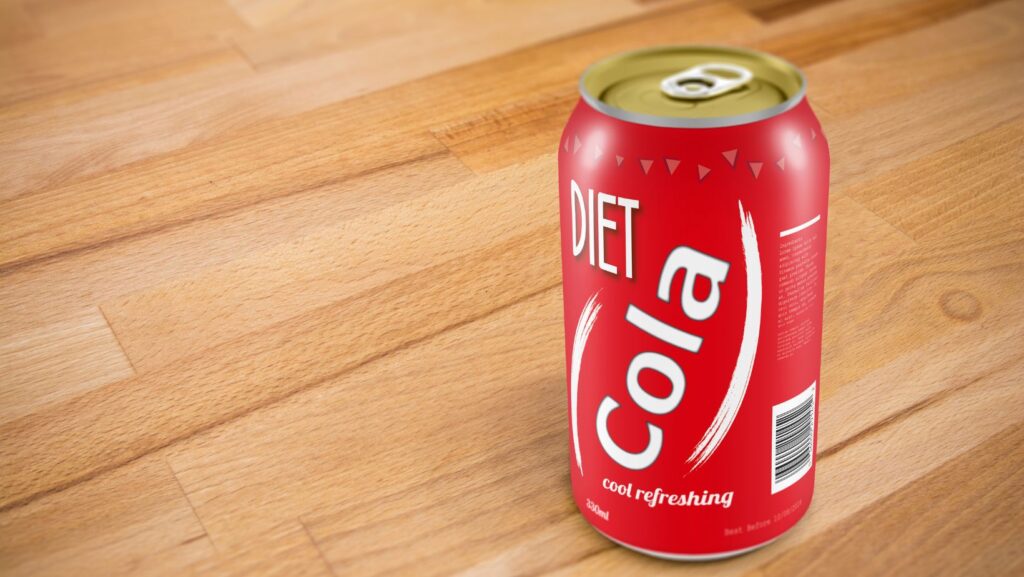Diet Coke Nutrition Label
As a health-conscious individual, understanding the Diet Coke nutrition label is crucial for making informed choices. Let’s dive into the key details that you need to know about this popular beverage. With its zero calories and sugar content, Diet Coke is often perceived as a healthier alternative to regular soda. However, a closer look at the nutrition label can reveal important insights into its ingredients and potential impact on your diet. By examining the nutritional information provided on the label, you can make empowered decisions about whether Diet Coke aligns with your health and wellness goals.
Understanding Diet Coke Nutrition Label
When examining the Diet Coke nutrition label, I focus on key elements like calories, sugar, and ingredients. This allows me to evaluate how this beverage aligns with my dietary goals. By knowing what’s in my drink, I can make informed choices about its consumption.
Looking at the nutrition facts, Diet Coke is known for being calorie-free. This means I can enjoy it without adding extra calories to my diet. Understanding this aspect helps me maintain a balanced caloric intake in my daily routine.
One critical aspect of the Diet Coke nutrition label is its sugar content. With zero grams of sugar, this beverage is a suitable option for those monitoring their sugar intake. Managing sugar consumption is vital for supporting overall health and well-being.
Another factor I consider is the ingredients listed on the Diet Coke nutrition label. Being aware of what goes into my drink lets me assess its quality and make choices that align with my preferences and dietary requirements.
By delving into the details of the Diet Coke nutrition label, I empower myself to make conscious decisions about my beverage choices. It’s essential to understand how the contents of this popular drink can impact my health and nutrition goals.

What to Look for in the Diet Coke Nutrition Label
Calories and Serving Size
When evaluating the Diet Coke nutrition label, it’s crucial to first look at the calories and serving size. This information determines the number of calories you’ll consume per serving, helping you manage your overall calorie intake more effectively.
Sugar and Sweeteners
Another key aspect to focus on is the sugar content and sweeteners used in Diet Coke. Identifying the amount of sugar and artificial sweeteners in the beverage is essential for individuals monitoring their sugar intake and seeking alternatives to traditional sugary drinks.

Interpreting the Diet Coke Nutrition Label
When Interpreting the Diet Coke Nutrition Label, it’s crucial to pay attention to key elements that can impact your health and dietary goals. Here’s a breakdown of what to look for on the label:
- Calories: The Diet Coke label will indicate zero calories. This makes it a popular choice for those watching their calorie intake while still enjoying a carbonated beverage.
- Serving Size: Understanding the serving size is essential for accurate calorie and nutrient intake. The standard serving size for Diet Coke is 8 fluid ounces, with about 2.5 servings per 20-ounce bottle.
- Sugar Content: One of the main draws of Diet Coke is its zero sugar content. This makes it a suitable option for individuals looking to reduce their sugar consumption without sacrificing taste.
- Sweeteners: The Diet Coke nutrition label will list artificial sweeteners such as aspartame or acesulfame potassium. These sweeteners provide the sweet taste without the added calories from sugar.
By scrutinizing the Diet Coke nutrition label, I can make informed choices that align with my dietary preferences and goals, ensuring that my beverage choices support my overall health and nutrition objectives.
After analyzing the Diet Coke nutrition label, it’s clear that being aware of the calorie count, serving size, sugar content, and artificial sweeteners is crucial for making informed decisions about beverage consumption. By understanding these key factors, individuals can better manage their calorie intake, monitor sugar levels, and choose beverages that align with their health and nutrition goals. Remembering to check the nutrition label before making a choice can empower you to make conscious decisions that support your overall well-being. Stay informed, stay healthy.

Ann is a beacon of inspiration and knowledge in the health blogging community, known for her holistic approach to wellness that combines mindful nutrition, balanced fitness routines, and mental health awareness. With a passion for empowering her readers to achieve their healthiest selves, Ann shares practical advice, easy-to-follow recipes, and personal anecdotes that make navigating the journey to wellness accessible and enjoyable.

